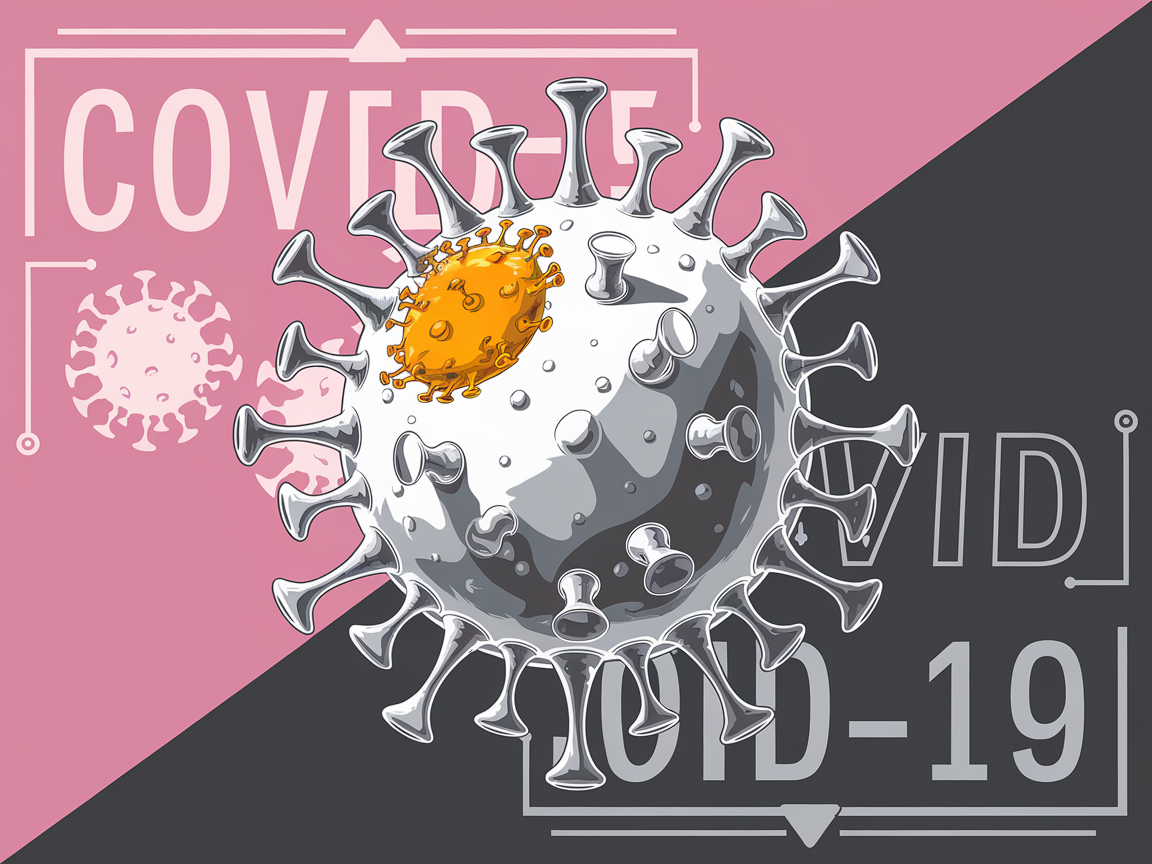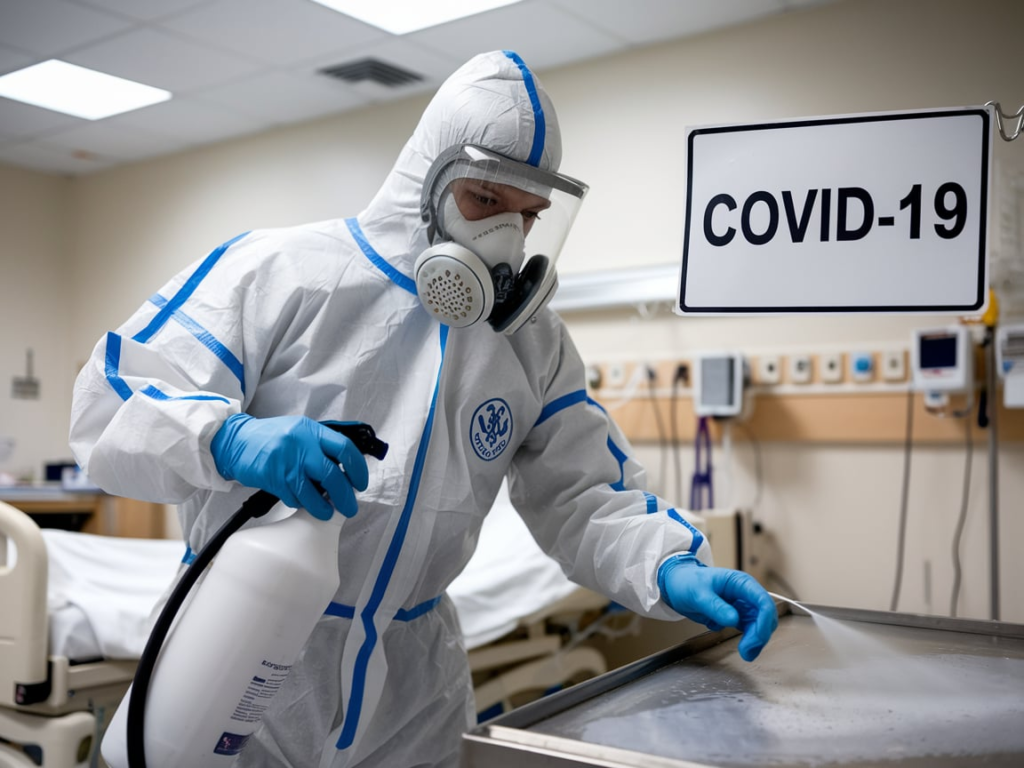
"Stay informed with these 7 critical updates on COVID-19 that affect your health!"
COVID-19 has reshaped our world in unprecedented ways since its emergence in late 2019. This article provides an overview of the virus, its impact, vaccination efforts, and ongoing health guidelines to help you navigate this challenging landscape.
What is COVID-19?

COVID-19, caused by the novel coronavirus SARS-CoV-2, primarily spreads through respiratory droplets when an infected person coughs, sneezes, or talks. It can also spread by touching surfaces contaminated with the virus and then touching the face. Symptoms range from mild to severe and may include:
- Fever
- Cough
- Shortness of breath
- Fatigue
- Loss of taste or smell
While many experience mild symptoms, the virus can lead to severe complications, particularly in older adults and individuals with underlying health conditions.
The Global Impact
The pandemic has significantly affected health systems, economies, and daily life worldwide. Lockdowns, social distancing measures, and travel restrictions were implemented to curb the spread. Schools and businesses adapted to remote operations, highlighting the resilience and creativity of communities.
Economic Consequences
Many industries faced unprecedented challenges, leading to job losses and economic instability. Governments worldwide initiated stimulus packages to support individuals and businesses during these tough times.
Vaccination Efforts
One of the most significant developments in combating COVID-19 has been the rapid development and distribution of vaccines. Vaccination campaigns began in late 2020, with several vaccines receiving emergency use authorization.
Types of Vaccines
- mRNA Vaccines: Such as Pfizer-BioNTech and Moderna, these vaccines use messenger RNA to instruct cells to produce a protein that triggers an immune response.
- Viral Vector Vaccines: Like Johnson & Johnson’s, these use a harmless virus to deliver a piece of the coronavirus’s genetic material.
- Protein Subunit Vaccines: These contain harmless pieces of the virus (proteins) that trigger an immune response without using live virus.
Importance of Vaccination
Vaccination helps protect individuals from severe illness and reduces the virus’s transmission in communities. Booster shots are also recommended to maintain immunity, especially with emerging variants.
Variants of Concern
As the virus continues to circulate, variants have emerged, such as Delta and Omicron. Some variants may spread more easily or evade immunity from previous infections or vaccinations. Ongoing monitoring and research are crucial to understand these variants and adapt public health measures accordingly.
Current Health Guidelines
As we continue to navigate the pandemic, health guidelines remain essential in protecting ourselves and others:
- Vaccination: Stay updated on vaccination recommendations and booster shots.
- Mask-Wearing: Follow local guidelines on mask-wearing, especially in crowded or indoor settings.
- Social Distancing: Maintain physical distance from others when possible, particularly in high-risk areas.
- Hygiene Practices: Regularly wash hands with soap and water or use hand sanitizer, and avoid touching your face.
Conclusion
COVID-19 has brought significant challenges, but understanding the virus and following health guidelines can help protect you and your community. Staying informed about vaccination efforts and ongoing developments is crucial as we move towards a post-pandemic world. Together, we can overcome this crisis and build a healthier future.
External Resources
- World Health Organization (WHO)
- Centers for Disease Control and Prevention (CDC)
- Johns Hopkins University – COVID-19 Dashboard
FAQs
- What are the main symptoms of COVID-19?
- Common symptoms include fever, cough, shortness of breath, fatigue, and loss of taste or smell. Symptoms can vary from mild to severe, and some individuals may be asymptomatic.
- How does COVID-19 spread?
- COVID-19 primarily spreads through respiratory droplets when an infected person coughs, sneezes, talks, or breathes. It can also spread by touching surfaces contaminated with the virus and then touching your face.
- What types of vaccines are available for COVID-19?
- There are several types of COVID-19 vaccines, including mRNA vaccines (like Pfizer-BioNTech and Moderna), viral vector vaccines (like Johnson & Johnson), and protein subunit vaccines. Each type works differently to trigger an immune response.
- Why is vaccination important?
- Vaccination significantly reduces the risk of severe illness, hospitalization, and death from COVID-19. It also helps slow the virus’s spread in the community, contributing to herd immunity.
- What precautions should I take if I am fully vaccinated?
- While vaccination greatly reduces the risk of severe illness, it’s still important to follow local health guidelines, including wearing masks in crowded settings, practicing good hand hygiene, and staying informed about any emerging variants or changes in recommendations.





